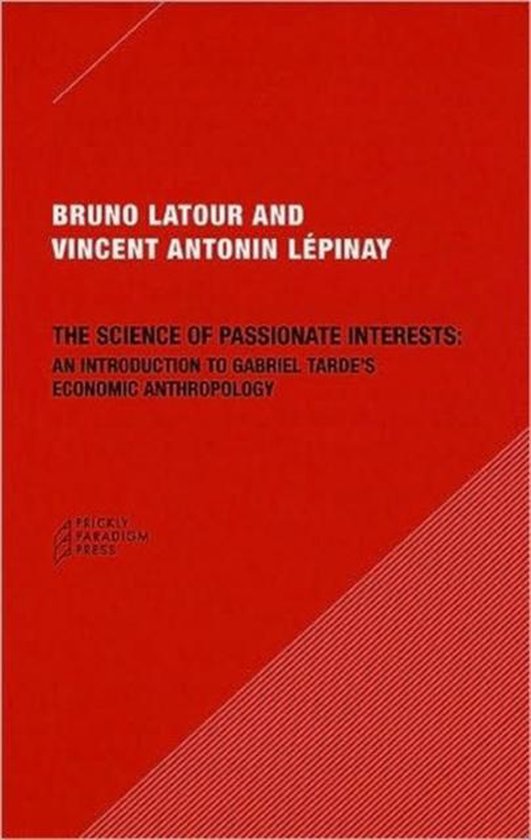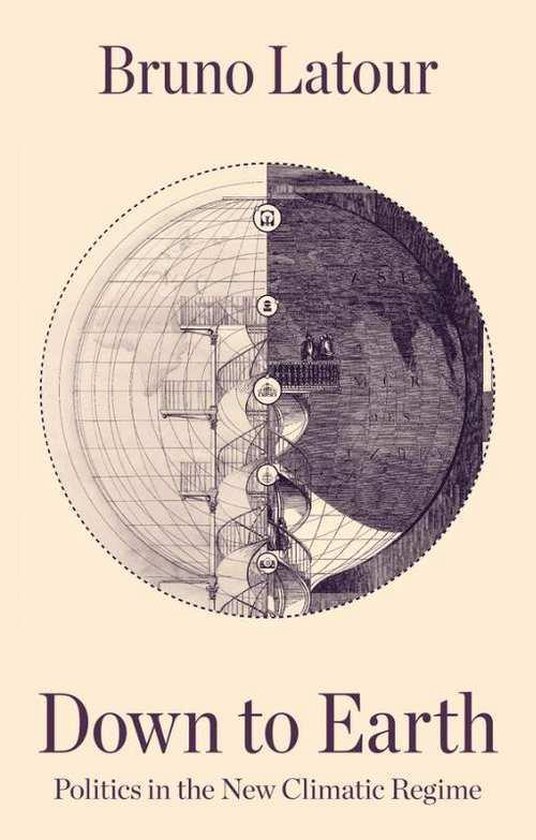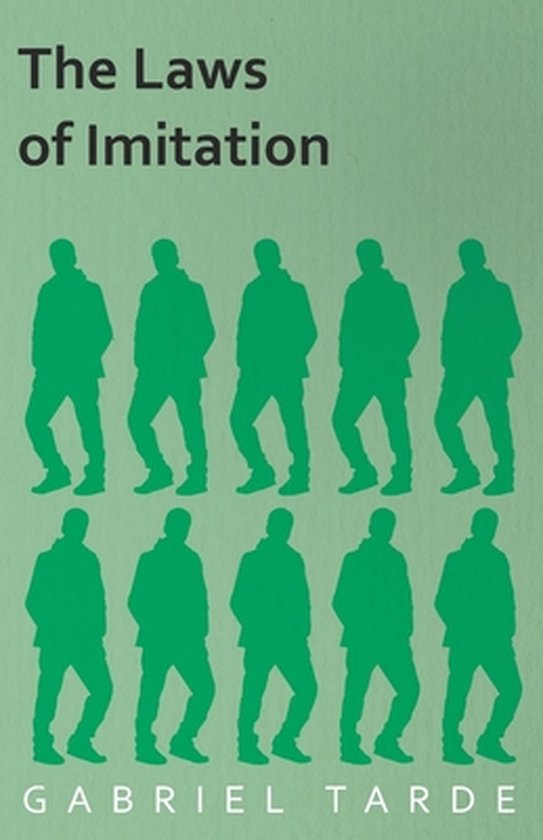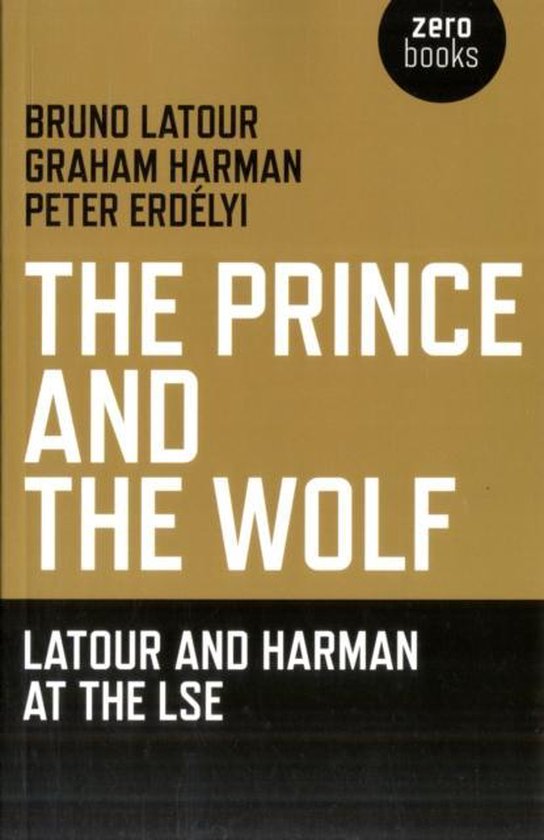
The Science of Passionate Interests
How can economics become genuinely quantitative? This is the question that French sociologist Gabriel Tarde tackled at the end of his career. This title offers an introduction to the work of that forgotten genius of nineteenth-century social thought.
How can economics become genuinely quantitative? This is the question that French sociologist Gabriel Tarde tackled at the end of his career, and in this pamphlet, Bruno Latour and Vincent Antonin Lepinay offer a lively introduction to the work of that forgotten genius of nineteenth-century social thought. Tarde's solution was in total contradiction to the dominant views of his time: to quantify the connections between people and goods, you need to grasp 'passionate interests'. In Tarde's view, capitalism is not a system of cold calculations - rather it is a constant amplification in the intensity and reach of passions. In a stunning anticipation of contemporary economic anthropology, Tarde's work defines an alternative path beyond the two illusions responsible for so much modern misery: the adepts of the Invisible Hand and the devotees of the Visible Hand will learn how to escape the sterility of their fight and recognize the originality of a thinker for whom everything is intersubjective, hence quantifiable. At a time when the regulation of financial markets is the subject of heated debate, Latour and Lepinay provide a valuable historical perspective on the fundamental nature of capitalism.
How can economics become genuinely quantitative? This is the question that French sociologist Gabriel Tarde tackled at the end of his career, and in this pamphlet, Bruno Latour and Vincent Antonin Lepinay offer a lively introduction to the work of that forgotten genius of nineteenth-century social thought. Tarde's solution was in total contradiction to the dominant views of his time: to quantify the connections between people and goods, you need to grasp 'passionate interests'. In Tarde's view, capitalism is not a system of cold calculations - rather it is a constant amplification in the intensity and reach of passions. In a stunning anticipation of contemporary economic anthropology, Tarde's work defines an alternative path beyond the two illusions responsible for so much modern misery: the adepts of the Invisible Hand and the devotees of the Visible Hand will learn how to escape the sterility of their fight and recognize the originality of a thinker for whom everything is intersubjective, hence quantifiable. At a time when the regulation of financial markets is the subject of heated debate, Latour and Lepinay provide a valuable historical perspective on the fundamental nature of capitalism.
| Auteur | | Bruno Latour |
| Taal | | Engels |
| Type | | Paperback |
| Categorie | | Mens & Maatschappij |




